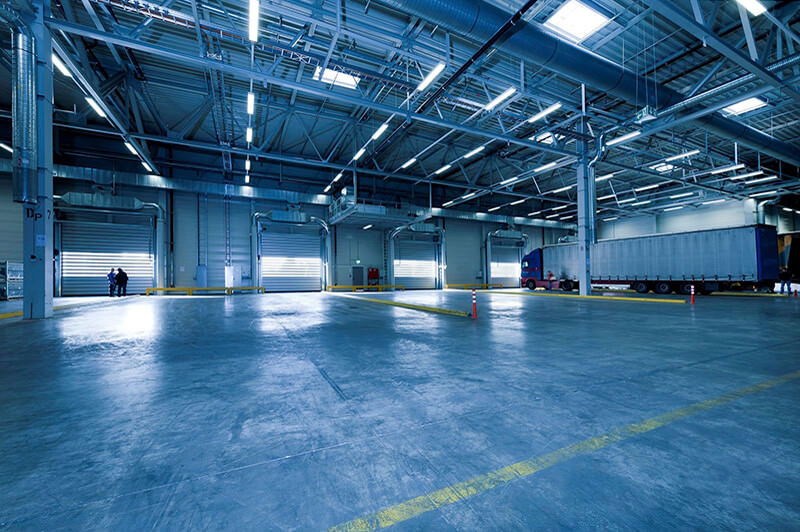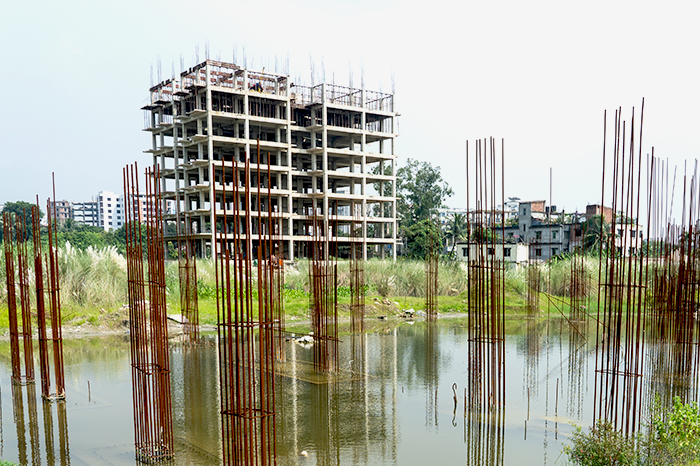Go Green an Urban Life style
As cities around the world continue to expand and urbanize, the call for sustainable living practices becomes increasingly urgent. "Go Green" has evolved from a mere slogan to a way of life for many urban dwellers seeking to minimize their ecological footprint. This article explores the concept of "Go Green" as an urban lifestyle, examining sustainable choices that individuals can make to foster a healthier, more environmentally conscious urban environment.
- Eco-Friendly Transportation: In the hustle and bustle of urban life, transportation is a significant contributor to environmental impact. Embracing eco-friendly modes of transport, such as cycling, walking, or using public transit, can substantially reduce carbon emissions. Additionally, the growing popularity of electric vehicles is transforming the landscape of urban transportation, offering a cleaner alternative to traditional cars.
- Green Building Practices: Sustainable architecture and construction are at the forefront of the "Go Green" movement in urban areas. Incorporating green building practices, such as energy-efficient designs, solar panels, and green roofs, not only reduces a building's environmental impact but also creates healthier living spaces for urban residents. LEED (Leadership in Energy and Environmental Design) certification has become a standard for environmentally friendly buildings.
- Waste Reduction and Recycling: Urban dwellers are increasingly adopting a zero-waste mindset. This involves reducing single-use plastics, recycling diligently, and composting organic waste. Cities worldwide are implementing comprehensive recycling programs, encouraging residents to actively participate in waste reduction efforts.
- Urban Green Spaces: Creating and preserving green spaces within urban environments is essential for promoting a healthy and balanced lifestyle. Parks, community gardens, and rooftop greenery contribute to improved air quality, biodiversity, and overall well-being. Urban planners are recognizing the importance of integrating green spaces into city planning to enhance the quality of life for residents.
- Conscious Consumer Choices: The "Go Green" lifestyle involves making conscious consumer choices. This includes supporting local, sustainable businesses, choosing products with minimal packaging, and opting for goods made from recycled or upcycled materials. Ethical consumerism has the power to influence industries and encourage environmentally responsible practices.
- Renewable Energy Sources: Transitioning to renewable energy sources is a key component of sustainable urban living. Solar panels, wind turbines, and other clean energy solutions are being integrated into urban infrastructure to reduce reliance on fossil fuels. Smart grids and energy-efficient technologies further contribute to a greener and more sustainable energy landscape.
- Community Engagement and Education: Building a green urban lifestyle involves fostering a sense of community and shared responsibility. Community engagement programs and educational initiatives can empower residents with the knowledge and skills needed to adopt sustainable practices. Workshops, seminars, and collaborative projects can create a sense of collective responsibility for the environment.
Conclusion:
"Go Green" is not just a trend; it is a fundamental shift in the way urban dwellers approach their lives. Embracing a green urban lifestyle involves a holistic commitment to environmental sustainability in transportation, housing, waste management, and daily consumer choices. As cities continue to grow, the adoption of sustainable practices becomes paramount for creating resilient, livable urban spaces that prioritize the health of the planet and the well-being of their inhabitants. By collectively making eco-conscious decisions, urban communities can play a pivotal role in shaping a sustainable future for generations to come.













